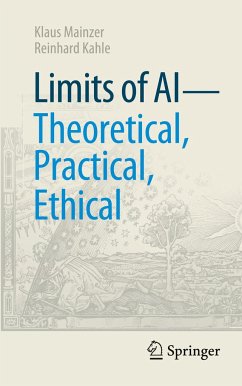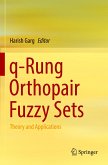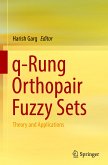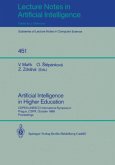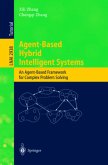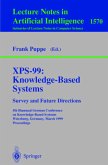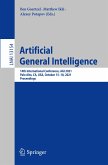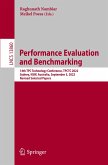Artificial intelligence is a key technology with great expectations in science, industry, and everyday life. This book discusses both the perspectives and the limitations of this technology. This concerns the practical, theoretical, and conceptual challenges that AI has to face. In an early phase of symbolic AI, AI focused on formal programs (e.g., expert systems), in which rule-based knowledge was processed with the help of symbolic logic. Today, AI is dominated by statistics-based machine learning methods and Big Data. While this sub-symbolic AI is extremely successful (e.g., chatbots like ChatGPT), it is often not transparent. The book argues for explainable and reliable AI, in which the logical and mathematical foundations of AI-algorithms become understandable and verifiable.
Bitte wählen Sie Ihr Anliegen aus.
Rechnungen
Retourenschein anfordern
Bestellstatus
Storno

